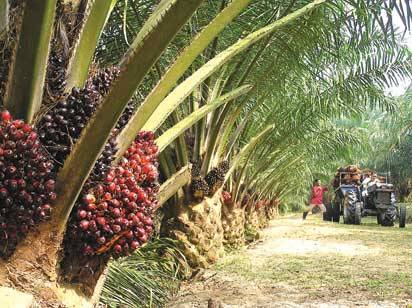Graham Hefer, the Managing Director of Okomu Oil Palm Plc, revealed that the company ceased its rubber plantation operations in 2023 due to insecurity and attacks on its facilities. Hefer and senior management discussed this issue in an interview with the News Agency of Nigeria (NAN) on Saturday.
Hefer called on the federal and Edo state governments to help combat the bandits disrupting their operations. He emphasized that rubber production is crucial for the company, serving as a significant source of foreign exchange earnings. However, ongoing security threats have severely impacted production.
“Last year, we also had attacks. The same people were attacking us last year, so we had to stop our rubber farming. We could not fulfill our commitments because we couldn’t tap at that stage,” Hefer stated.
Additional Challenges
Apart from insecurity, Hefer mentioned other challenges affecting the company, including the devaluation of the naira, lack of foreign exchange, and inadequate infrastructure. He also pointed out that government policies, especially multiple taxation, are significant hurdles.
Hefer hoped the government would address these issues to improve business performance and attract more foreign investors. He noted that the company has no immediate plans to expand unless the board decides otherwise.
“We have a good market for what we produce, and we are happy within that market. We feel comfortable with that. But if later on, my board decides to look into different things, we may, but right now, we are happy with where we are,” he said.
Background
Earlier this month, Nairametrics reported multiple attacks on Okomu Oil Palm’s facilities, resulting in the death of three staff members. The company lamented the threat of insecurity to its operations and called on both federal and state governments for assistance.
A militant group claimed responsibility for the attacks, demanding a 25% stake in the company and a directorship position on its board. Insecurity has spread from the North-East region, where Boko Haram is active, to other parts of the country. Research by SBM Intelligence indicated that farmers in Northern Nigeria pay up to N100,000 to bandits for access to their farms, with failure to do so resulting in the loss of harvest. Analysts attribute insecurity in farming regions to the country’s high food inflation.
Source – Nairametrics
